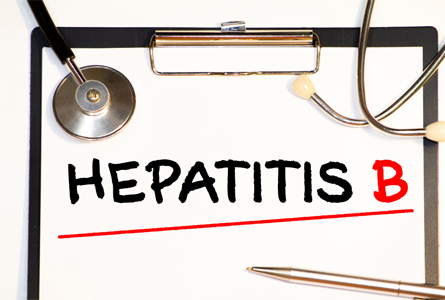World Hepatitis Day
July 28, 2021
Every year July 28th marks World Hepatitis Day. The date was chosen because it is the birthday of Nobel-prize winning scientist Dr. Baruch Blumberg, who discovered the hepatitis B virus, and developed a diagnostic test and vaccine for the virus.
Hepatitis is inflammation of the liver. The liver is a vital organ that processes nutrients, filters the blood, and fights infections. When the liver is inflamed or damaged, its function can be affected. Heavy alcohol use, toxins, some medications, and certain medical conditions can cause hepatitis however, hepatitis is often caused by a virus. There are several types of hepatitis, however this article will focus just on hepatitis B.
Hepatitis B lives in blood and is spread through body fluids that enter a person. People that may come in contact with another person’s blood are at higher risk to get hepatitis B. People who live in areas with high rates of illness, those that share needles, live with others with hepatitis, have an infected sex partner, and those who work with people that are infected are higher risk. Worldwide, the most common form of infection is when hepatitis B is passed from an infected mother to her baby at birth.
It is recommended that all babies/children get vaccinated for hepatitis B. All adults should be vaccinated, especially people that have a higher risk of getting the virus.
Many people with hepatitis B do not have symptoms and do not know they are infected. Almost two-thirds of people with hepatitis B do not know they are infected. If symptoms occur, they can include: fever, feeling tired, not wanting to eat, upset stomach, throwing up, dark urine, grey-colored stool, joint pain, and yellow skin and eyes.
Hepatitis B can be an acute infection, meaning it should be short-lived and will eventually go away; or chronic. Patients with chronic cases of hepatitis B may need treatment for the rest of their lives. Treatment helps reduce the risk of liver disease and helps prevent a person from passing the infection to others. In severe cases a liver transplant may be required.
You can get a hepatitis B vaccination by asking your Mille Lacs Health System medical provider at your next appointment or annual exam.
